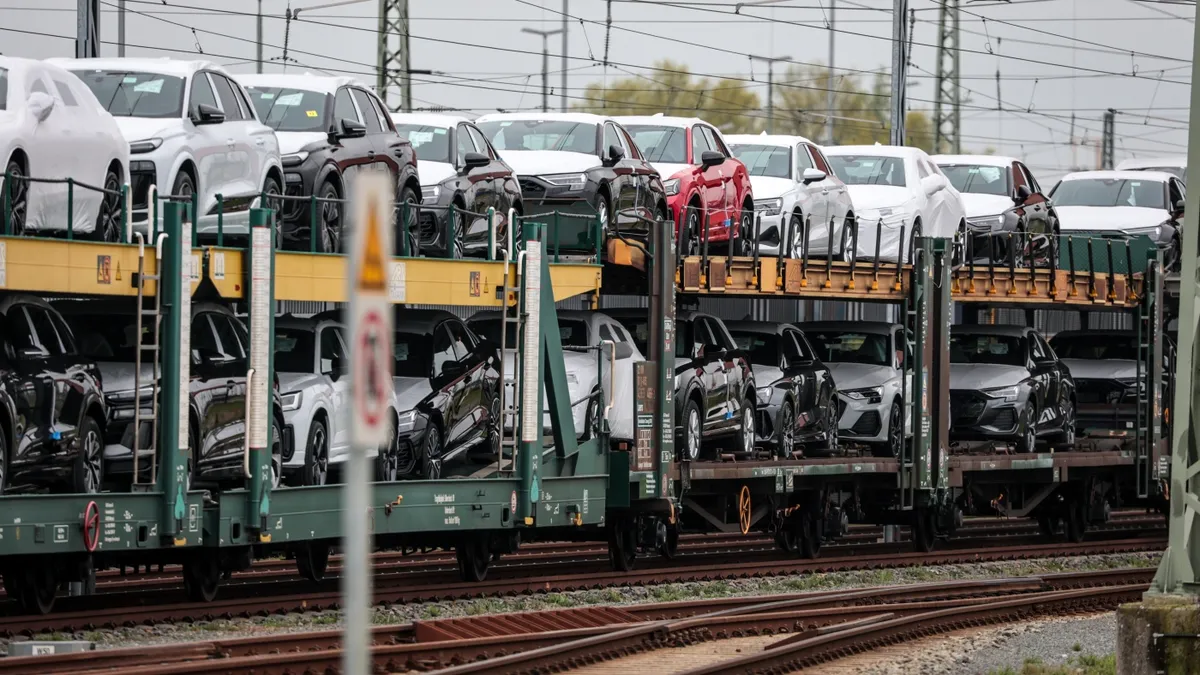
In a significant move, President Trump has announced a temporary relief on certain tariffs affecting automakers. This decision marks a notable shift from his previously strict trade policies, which were designed to boost manufacturing jobs in America and increase government revenues. The formal announcement is anticipated on Tuesday, coinciding with a rally in Michigan that celebrates Trump's first 100 days in office.
Trump's fluctuating approach to tariffs has led to unpredictable reactions within financial markets. Recent polls indicate that many Americans are concerned about how Trump is managing the economy, particularly in relation to these tariffs. The new adjustments aim to prevent the layering of different tariff types on imported foreign cars, which has been a point of contention among automakers.
According to a report from The Wall Street Journal, the administration will allow importers of foreign auto parts to receive reimbursements for tariffs over the next two years. This decision is intended to benefit domestic manufacturers while giving companies the necessary time to invest in local production facilities. Commerce Secretary Howard Lutnick emphasized the importance of this initiative, stating, "This break will both reward domestic manufacturers while providing runway to those needing time to invest in domestic plants."
Lutnick further noted that President Trump is fostering a valuable partnership with both domestic automakers and American workers. Under the current tariff regime, Trump's 25% tariffs on steel and aluminum imports, which took effect last month, have already impacted the auto industry adversely. This was soon followed by an additional 25% tariff on imported cars, with plans for a similar tariff to be implemented on imported car parts later this week.
It's important to note that the tariff rules differ for vehicles imported from Mexico and Canada due to the stipulations of the United States-Mexico-Canada Agreement (USMCA). While automakers have voiced concerns regarding the height of these tariffs, the United Auto Workers union has expressed support for them, citing the potential for increased manufacturing jobs returning to the United States.
As President Trump continues to navigate the complexities of trade relations and tariff policies, the effects of these changes on the auto industry and the broader economy will be closely monitored by both supporters and critics alike.